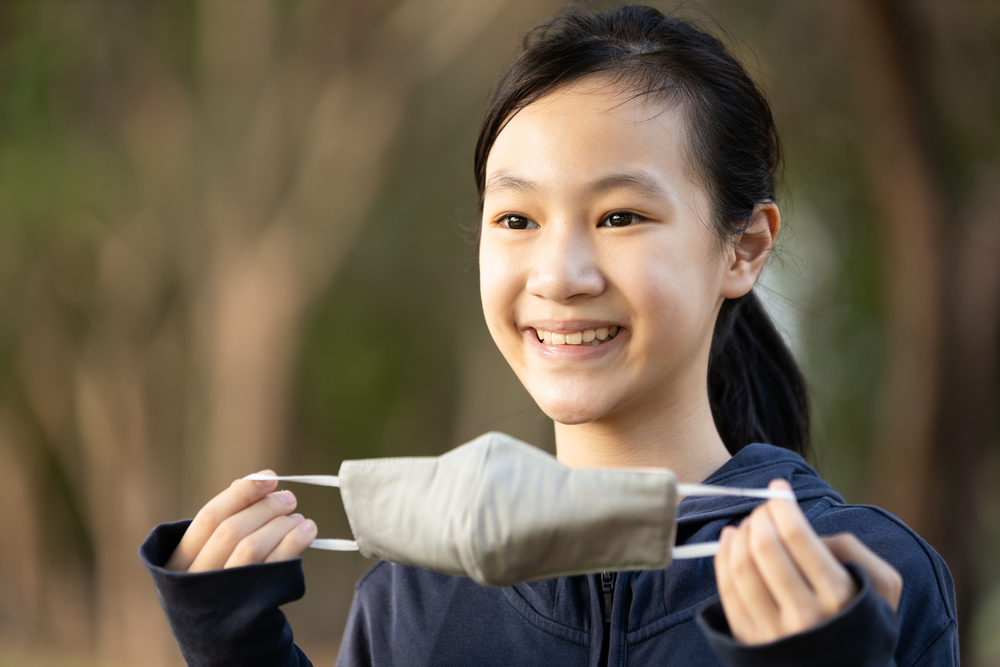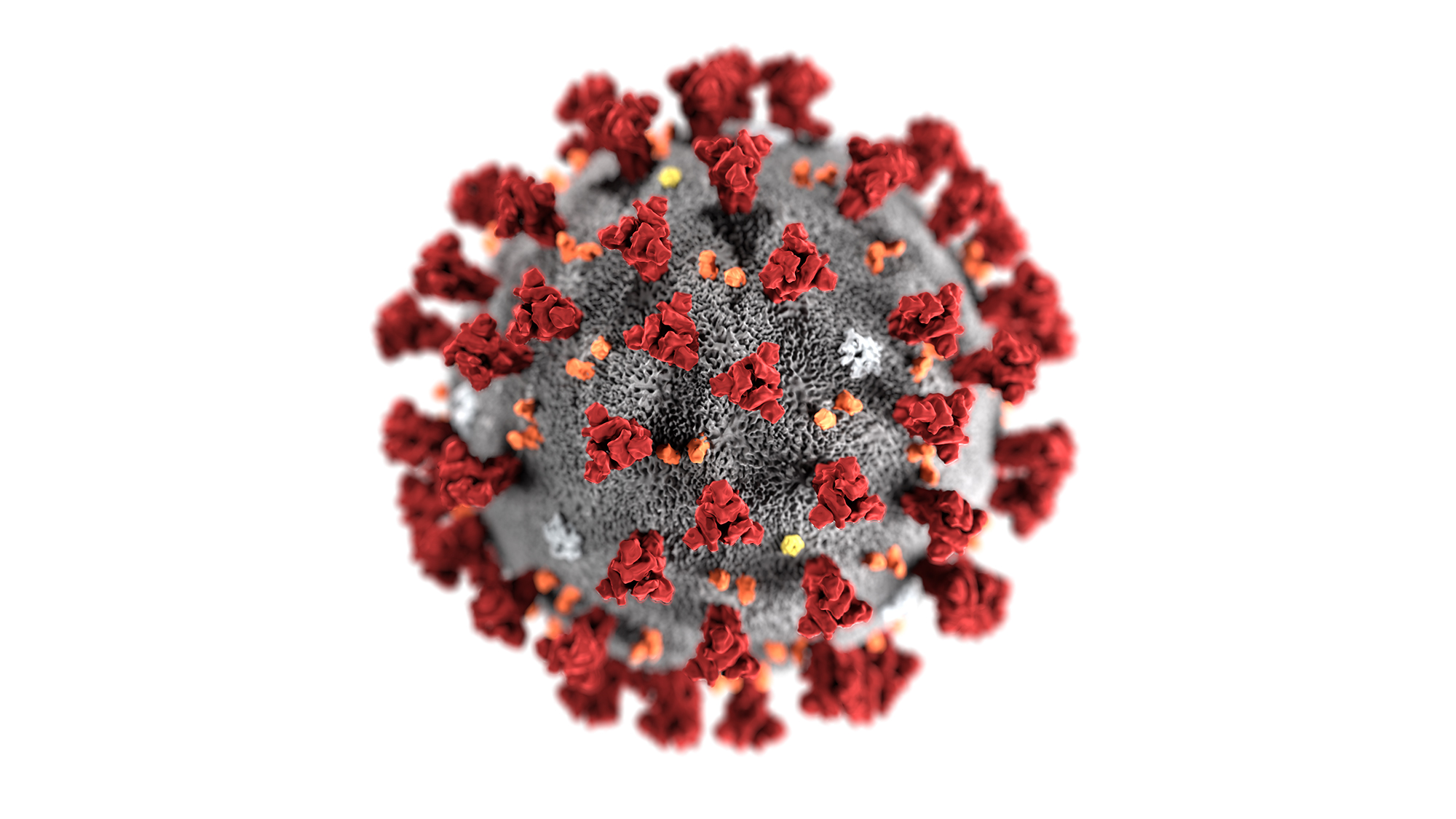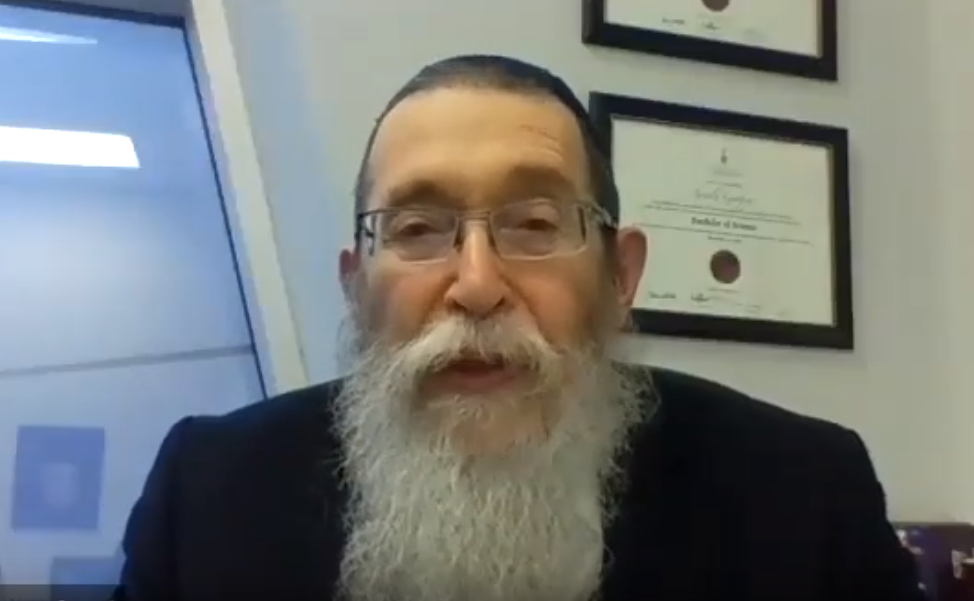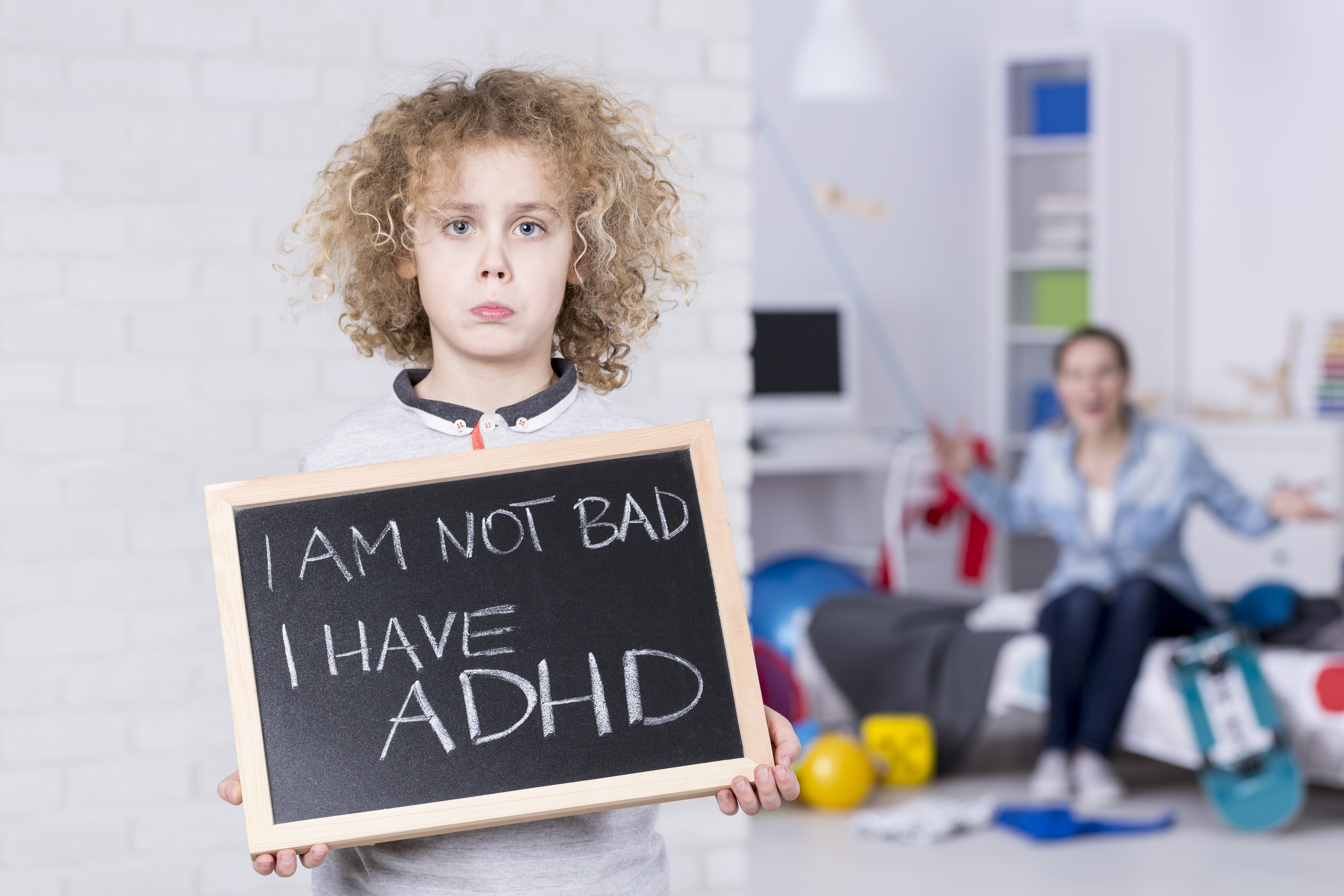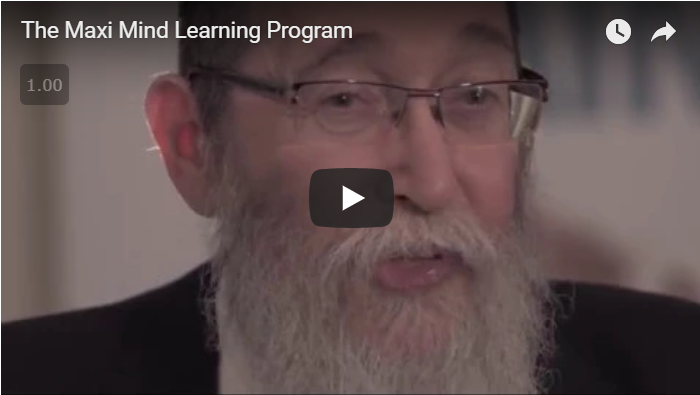At a loss for words, Mrs. Cohen stared silently across the desk from Rabbi Levy, absorbing the weight of the message he conveyed. Her eight-year old son, Yisrael, was not managing at school because he could not focus, keep up with the class, or control his behaviour, all of which was probably a result of ADHD – Attention Deficit Hyperactivity Disorder. Mrs. Cohen half-expected and half-dreaded the news that came next – that Yisrael would need to get medicated for his condition in order to remain in the class.
The Cohen’s are not alone. About 10% of kids suffer from learning difficulties such as ADHD, dyslexia, autism and other problems that get in the way of their success and happiness at school. Medication helps some of them but there is a cost. According to Dr. Arnie Gotfryd PhD, Educational Director and CEO of Maxi Mind Learning Centres, even those who are helped through drugs, often suffer from side effects such as irritability, lack of appetite or disturbed sleep. For some, creativity is dulled and many teachers will attest to a kind of glassy-eyed look that many kids get when medicated with stimulants like Ritalin.
“More disturbing,” says Dr. Gotfryd, is that “the drugs don’t actually cure any of the attention, learning, behaviour or mood problems they are supposed to treat. They provide nothing more than a chemical band aid.”
In 2004, Gotfryd, who has a background in science and education, decided to seek out alternative therapies. Over the following six years of development, he developed Maxi Mind, a revolutionary program that attacks the core problem by helping the brain develop and balance itself at the neurological level. This method, says Gotfryd, “is the cutting edge in neuroeducation. Everything we do has been professionally developed, carefully tested, and medically endorsed.” So, how does it work?
“We put the brain through a unique fitness program,” he explains. “This is done through a tri-faceted program: sensory integration exercises, therapeutically engineered music, and computerized focus-training. If you were to walk into one of Yosef’s sessions you might see a cheerful yet intensely concentrating child maintaining his balance on an adjustable tipping board, using a motor control stick, painted with colours and numbers, to hit a pendulum ball swinging from the ceiling at various targets while following instructions from his brain training coach.
“These activities build focusing skills by integrating the parts of the brain responsible for tactile, vestibular, auditory, visual, cognitive and motor planning functions.
“That same integrated circuitry he develops in our sessions gets applied every day at school,” he explains, “and that creates a lasting improvement in mental performance. We even have some children who have literally gone from the bottom of the class to the top after just one brain training course.”
Maxi Mind’s courses are individually customized according to the needs of the child. “We’ve had well over 100 kids through the program since last year and the fact is that no two kids come in the same.” At intake, Maxi Mind listens to what parents have to say. “We ask a lot of questions and review any assessments that have been done. If parents want our assessments, we can do that too but most parents would prefer to see their money go towards fixing the problems they already know about rather than analyzing them in detail.”
Hourly one-on-one sessions are conducted at any one of their seven locations or at one’s home by friendly and well-trained therapists. Class or group programs can also be arranged upon request. Anywhere from 20 to 60 sessions are recommended depending on the issues to be addressed.
Programs like Maxi Mind’s are a ray of hope for parents like the Cohen’s in their search for healthy ways to help their kids achieve the success and happiness at school and in life that they deserve.


